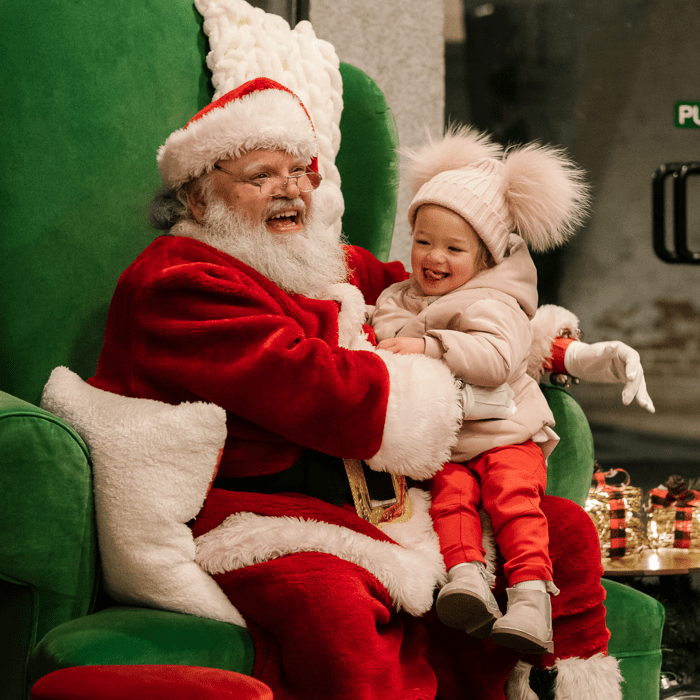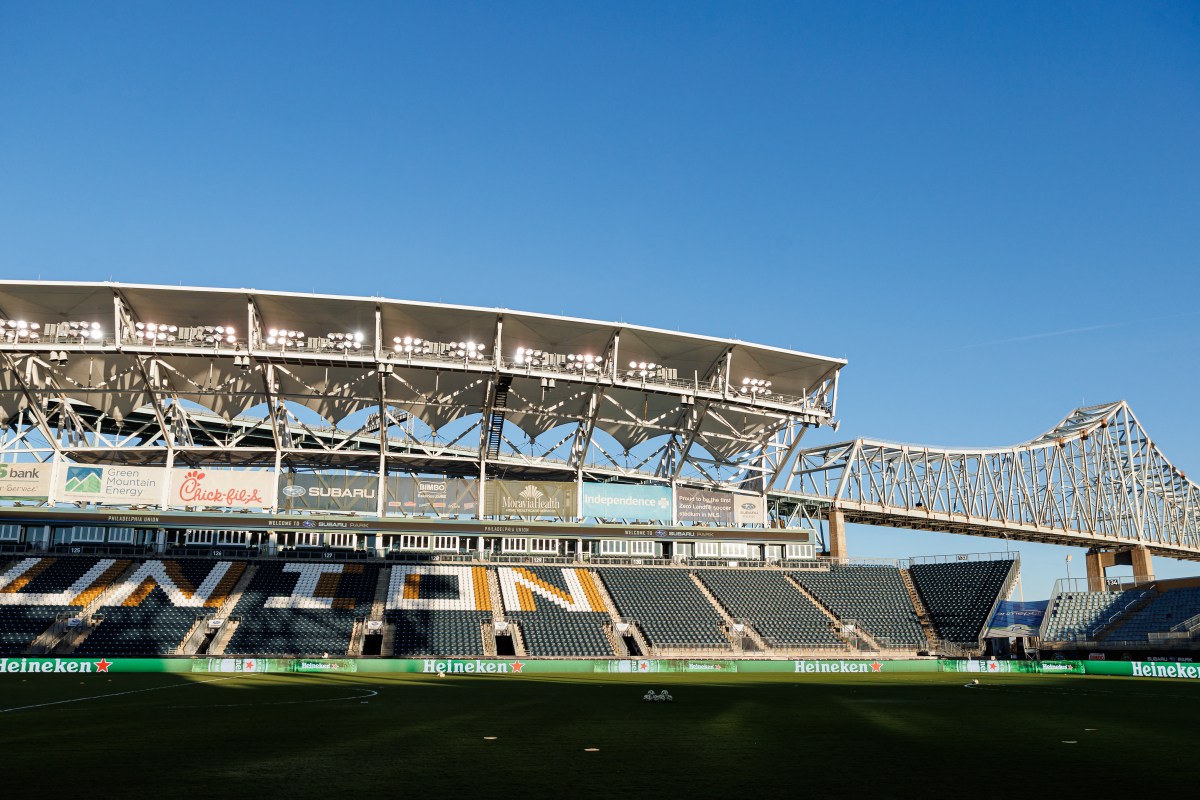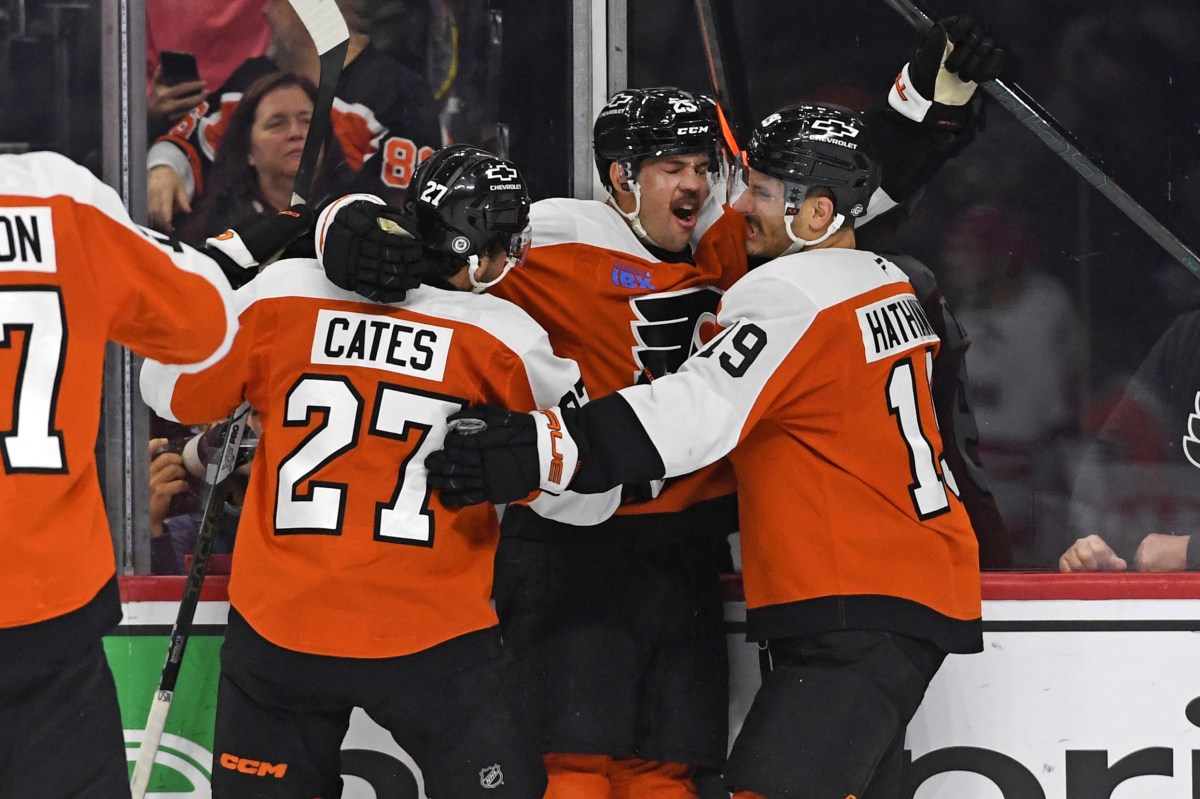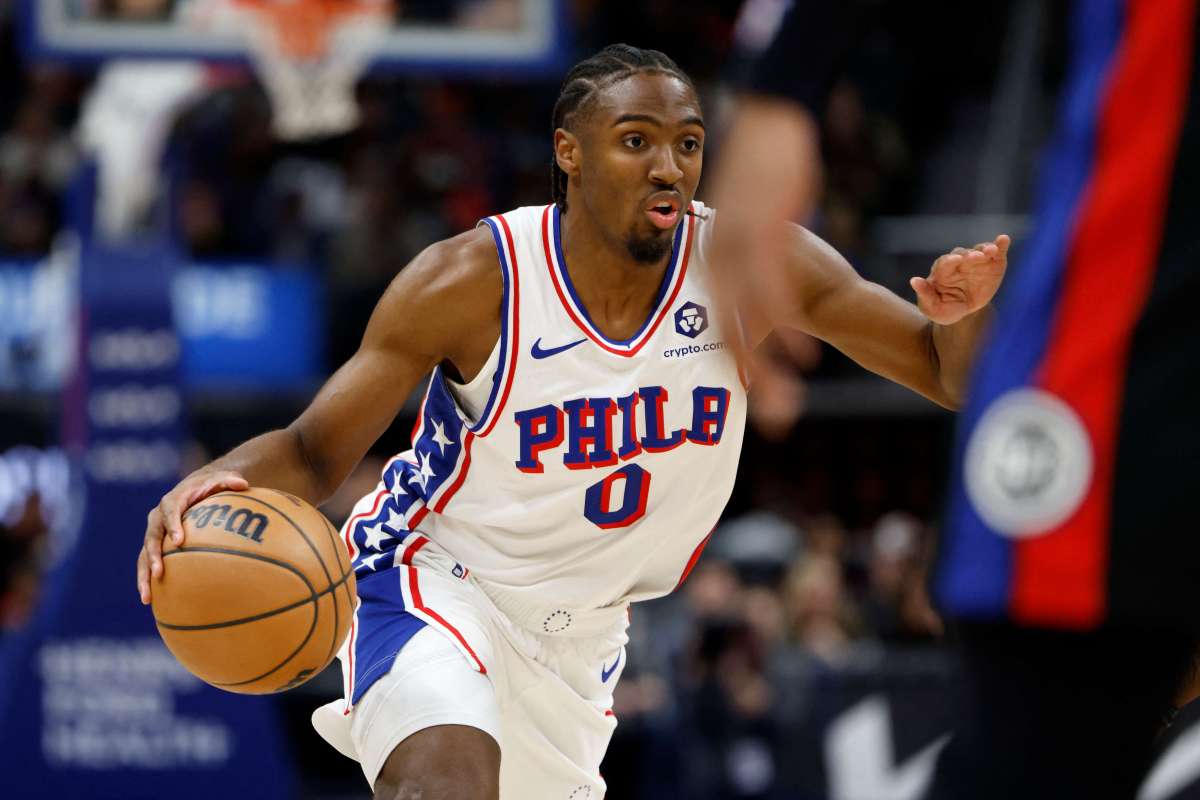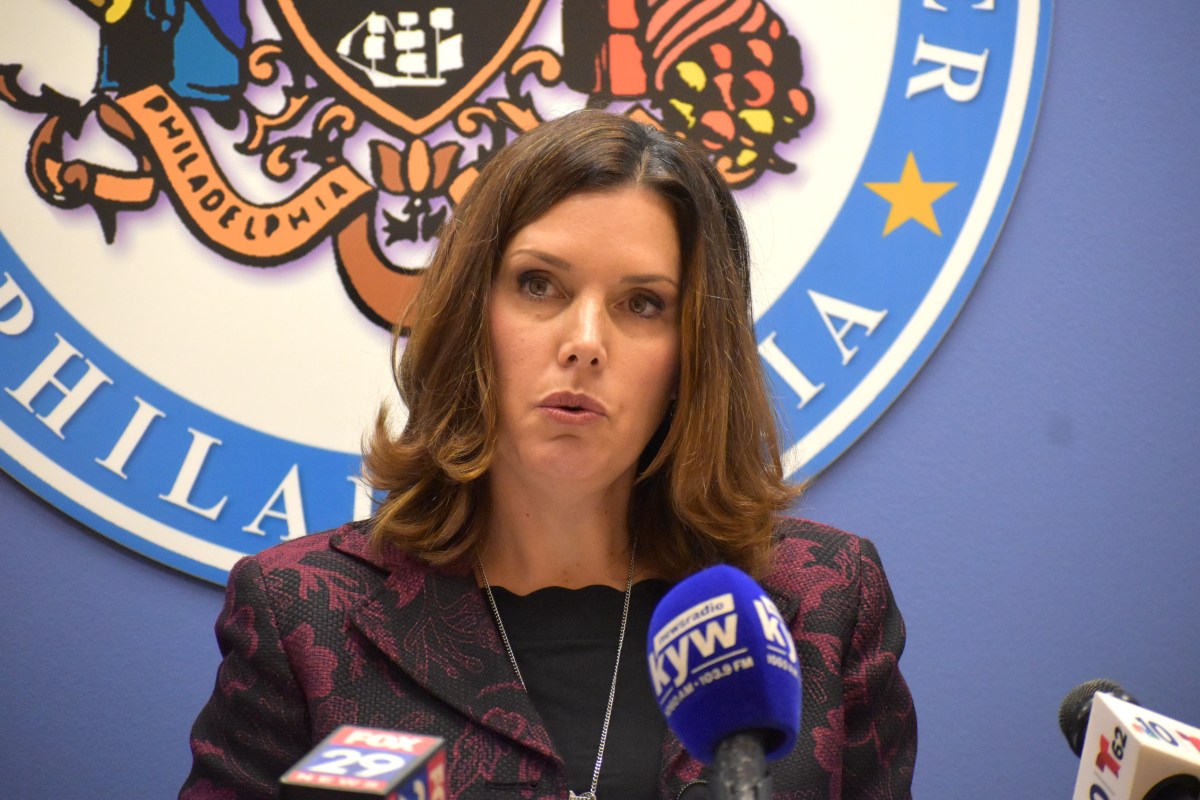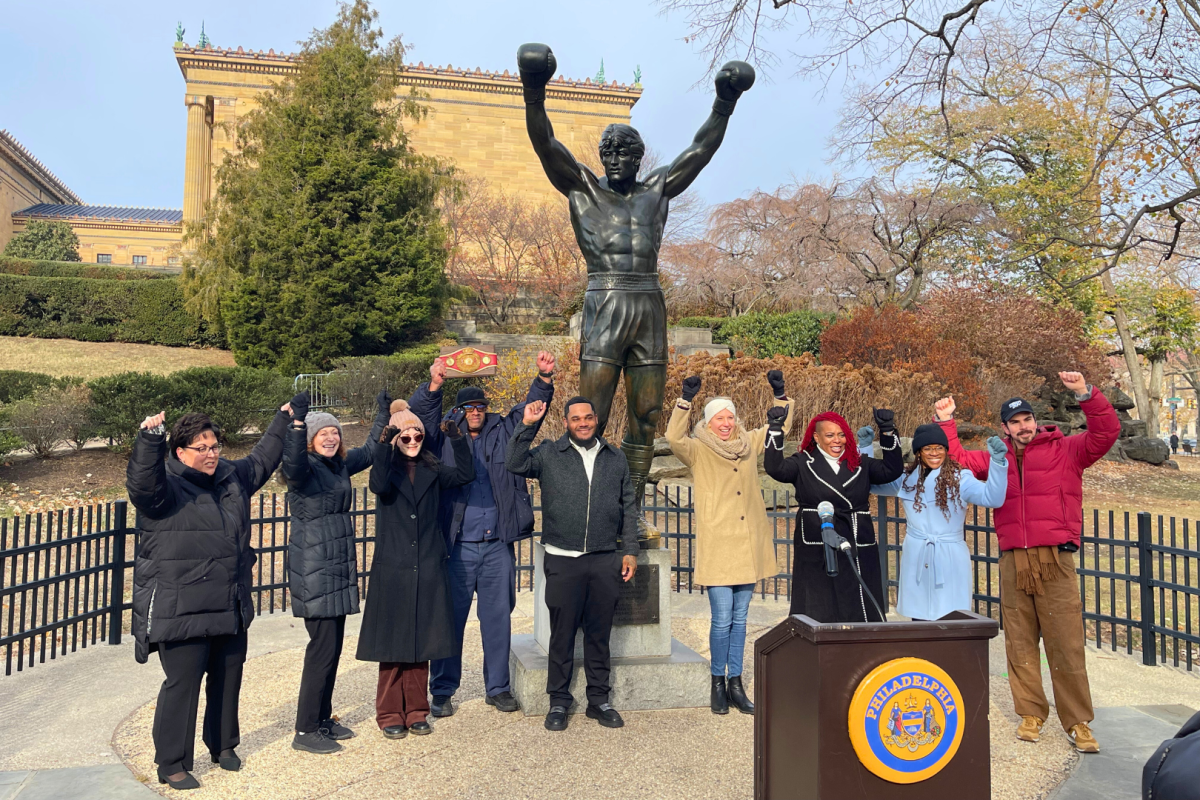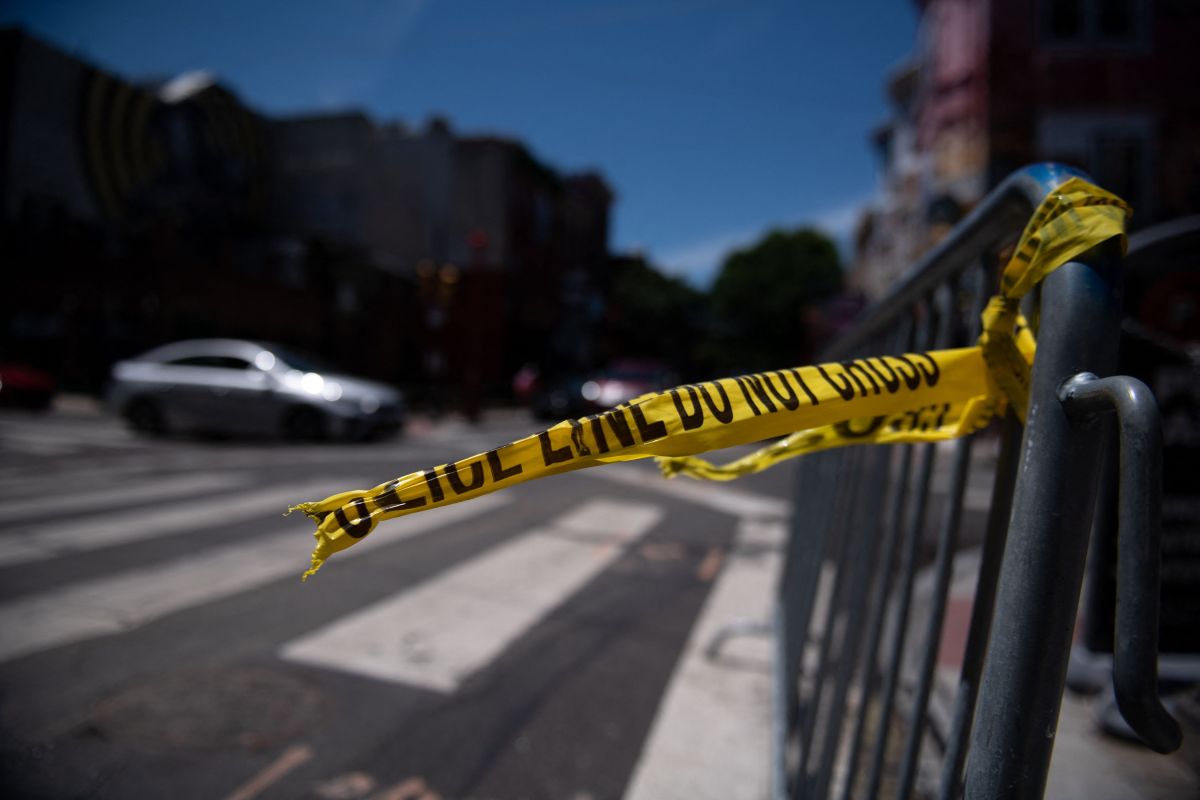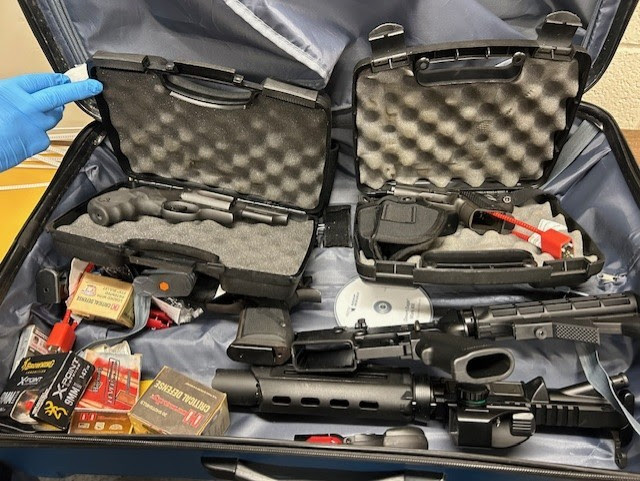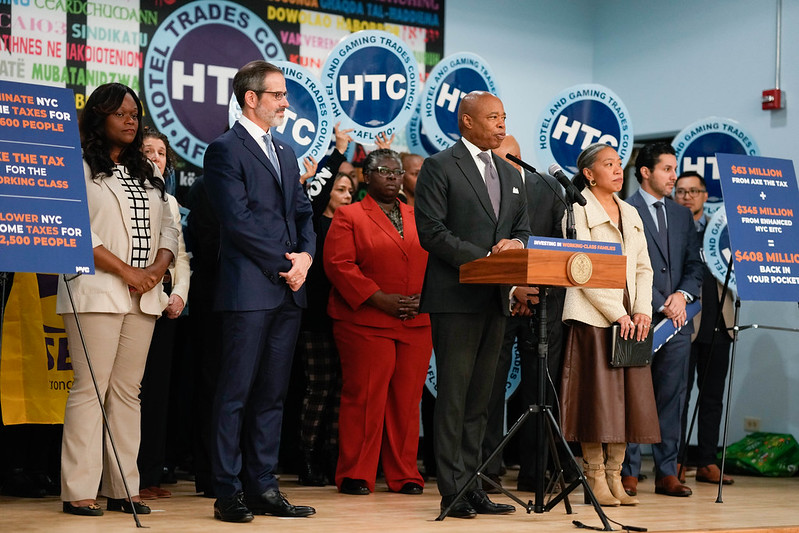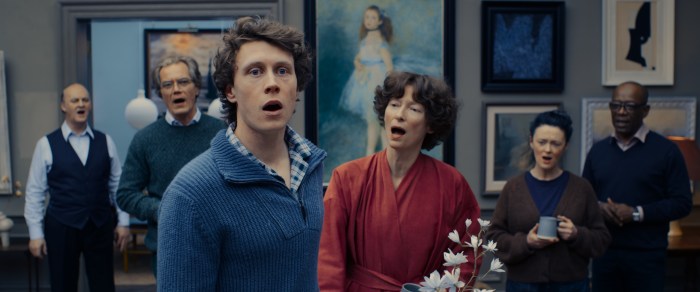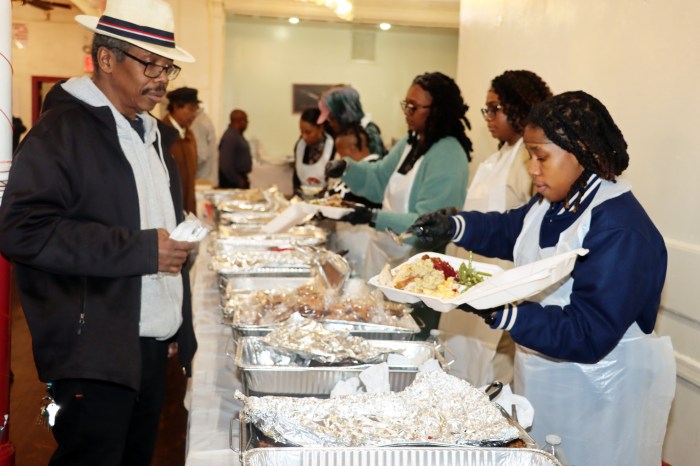According to Shane Black, “The Nice Guys” happened by accident. The filmmaker and his writing partner Anthony Bagarozzi, wrote the script — about a private eye and an enforcer teaming up to solve a missing persons case — in 2001. But no one wanted it, not even when they tried to rework it as a network TV show or a saucier version for cable. Then Ryan Gosling happened upon it. He wanted to work with Russell Crowe, who jumped at the chance. And so, in 72 hours, a project that had been sitting on a shelf for 13 years was suddenly happening. Black’s no stranger to waiting. He burst into Hollywood in the late ’80s with his script for “Lethal Weapon,” which basically invented the modern buddy action movie. He became the highest paid screenwriter up to that point, thanks to “The Last Boy Scout” and “The Long Kiss Goodnight,” only to spend several fallow years, unable to get work off the ground. When he made his directorial debut with “Kiss Kiss Bang Bang,” starring Robert Downey Jr. from 2006, it was a low budget affair, released like an art film. The film did help get him the job directing and co-writing “Iron Man Three.” But don’t assume that film’s success gave Black carte blanche. RELATED: Interview: Russell Crowe on “The Nice Guys” and stealing Ryan Gosling’s jacket So Marvel money didn’t help get this made? Hollywood doesn’t really make this kind of movie anymore: thrillers that are also comedies that are serious about being both. Usually it’s mostly one or the other. Nowadays every big movie has to be primed so it can sell all over the world, not just to specific audiences. RELATED: Interview: Ryan Gosling on “The Nice Guys” and wanting to do more comedy The way your films play it seems like the writing is very precise, like you’ve worked it all out over a long period before production starts. How much room are you leaving for the actors to change it? I noticed when you started directing your own scripts, with “Kiss Kiss Bang Bang,” the films became more overtly funny. They always had tons of jokes, but that and “The Nice Guys” are even more prone to go goofy. RELATED: Interview: Ethan Hawke and Rebecca Miller on “Maggie’s Plan” and women filmmakers Action and comedy don’t always combine well. Do you have a secret? One of the first movies to really find a balance between comedy and action was the 1972 film “Freebie and the Bean.” How much was that an inspiration for you when you were first writing? RELATED: Review: 3 ways “Weiner” makes Anthony Weiner look (almost) sympathetic It’s interesting in “The Nice Guys” that there’s no love interest, which is also true of “Lethal Weapon” and “The Last Boy Scout.” In fact, as in the latter, this one has one of the heroes’ young daughters tag along instead. But let’s not call it a “bromance.” Follow Matt Prigge on Twitter @mattprigge
Hell no. [Laughs] This was distributed by Warner Brothers, but it was financed independently. We went outside the system. That’s the model these days. If you’re not a tentpole movie or if you’re not a recognizable comedy, you’re sort of in the indie world. You can get a negative pickup, you can make your movie with foreign money. But the studios have the slots they’re used to, especially with this budget.
Either it’s a comedy and you get two “SNL” alumni or it’s fluff. I love “Anchorman,” but the fact is, it’s very slight. It’s a sketch. I love the notion that films used to have a lot of different tones. You’d go see a thriller that was also funny, that was also heartfelt. My favorite example is “Night Shift,” which Ron Howard did in the ’80s. It was a screwball comedy, which is how it was sold. But when you got there you saw a heartfelt friendship where you take this journey. By the end the two characters are walking away and you’re almost in tears, because it’s so honest and soulful in addition to just being a movie. That’s what I love.
It’s called the “four-quadrant” approach and I despise it.
It depends. There are certain things I know have to be said or delivered in certain ways to get the effect, for the joke to make an impact. At other times it’s important to understand the script is a living document. I’d be a fool to ignore the input of someone like Robert Downey or these two guys [Gosling and Russell] can bring, because sometimes their ideas will result in elevating the material in ways I didn’t expect. Robert Downey is the most playful actor I’ve ever worked with. I toss something at him, he tosses it back, and soon there’s something better than was in the script. You never finish writing. You just stop and go to the next step.
With the earlier scripts, I was more in the mode of trying to craft a thriller. I like doing jokes, just not at the expense of the thrills. “Kiss Kiss Bang Bang” was more an attempt to mix it up. There’s not anything lacking in those earlier films. There’ just a desire to be more playful now, to stuff more into them. Now that I’m directing I’ve got to keep myself awake. I better have something interesting, keep changing it up. The tone’s got to shift. In “Kiss Kiss Bang Bang,” he cries because he shoots a guy — the first time he’s ever killed anyone. Within three scenes he’s shot someone by accident and he’s making jokes about it. I thought, “Jesus, that’s not going to match!” But if you see the film it’s seamless. With just a little bit of time in between, the tone is able to shift back and forth.
It’s just about knowing when to change it up so you have something that has flavors and variation. It’s something Marvel is really good at. They have these mythic heroes. They look powerful, but then they step forward and stub their toe. The last one [“Captain America: Civil War”], Sebastian Stan, you see him tortured and brutalized. But in the same movie he’s snickering because his buddy’s kissing a girl. They know how to switch it up.
I enjoyed “Freebie and the Bean,” but I found it very mean-spirited, even at the time. I liked what it was trying to do, but it’s almost too bald-faced. It’s people bickering. It kind of grates on you. It doesn’t have variation. I’m pleased, with “The Nice Guys,” that scene-by-scene you don’t quite know what you’re going to get next. You’re laughing and you don’t know if someone might get hurt a minute later. Hopefully it’s a surprise when you find you’re in a real thriller again.
She was more interesting to me. She’s the conscience of these lame knights in tarnished armor, who are being forced into these mythic footprints they can never fill, which is the ’70s private eye. But it’s also a love story between these two guys. You saw that in “Freebie and the Bean”: That’s the love story, the two guys.
Oh god, please don’t. I used to love when there were a lot of men in movies — John Cassavetes, Lee Marvin. Now it seems like all the heroes are high-fiving bros with limited vocabulary. Sean Connery as James Bond would never high-five anybody. I don’t need to see Texas guys with beards mowing people down. I’d much rather go back to the ’60s archetype or the James Bond Connery represented.




